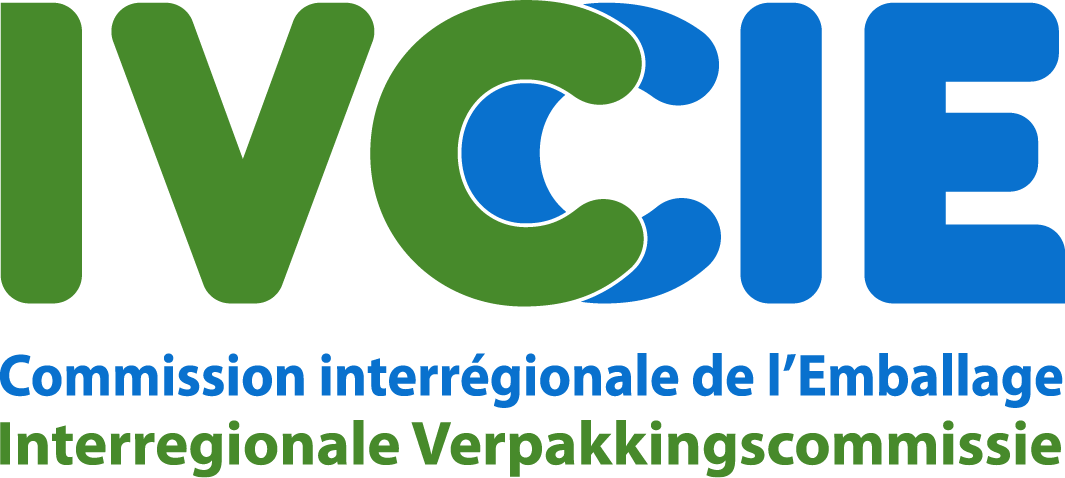The Interregional Packaging Commission (IRPC) had a challenging year, dealing with a raft of key issues.
The first item on the agenda was to draw up Fost Plus’s new accreditation covering the period 2024-2028. The aim was to consolidate and improve the management of packaging waste, while placing greater emphasis on prevention and reuse.
Work on the accreditation coincided with a social and political debate on the possible introduction of a deposit for certain one-way beverage packaging. This made it necessary to provide a procedure for amending the accreditation to reflect the final outcome of the debate. The IRPC also eventually added a number of technical elements to the accreditation to help the regional governments in reaching their decision.
The baseline scenarios for the collection of household packaging waste are in line with the previous accreditation, although several issues have been examined in greater depth, such as payment of local “bring” systems. There have also been improvements in the coverage of recycling centre costs, with both their collection costs and their operating costs now covered. For each municipality or intermunicipality, an overall portfolio of up to EUR 0.39 per inhabitant per year is provided for investments in collection containers and infrastructure.
The accreditation also places strong emphasis on prevention and reuse, areas in which Fost Plus has been given an important coordinating role. Together with its members, Fost Plus must propose ambitious action programmes on avoiding and reducing packaging and on eco-design and reuse.
The action programme on avoiding and reducing packaging should aim to reduce the amount of one-way packaging by 5%. The reuse action programme will seek to increase the market share of reusable packaging by 5%. These two action programmes have been given a budget target of 2% of Fost Plus’s budget.
Lastly, the accreditation also aims to improve the out-of-home collection of household packaging. Here, too, Fost Plus will have to submit an action plan.
2023 was also marked by intensive preparations on the new EPR and Litter Cooperation Agreement, which will have a section on extended producer responsibility (EPR) and another on litter. With regard to EPR, an interregional approach will be adopted for a number of waste streams, with a common accreditation for the three Belgian Regions, supplementing regional regulations. This common approach is necessary because, according to the case law of the Constitutional Court, the producer must always be identified at Belgian level and there are no regional submarkets. A charge payable by waste management organisations and producers is also being introduced, based on their market share, to support regional policies on prevention, reuse, combating litter and improving separate collection, as well as to cover the wages of staff responsible for checking, implementing and monitoring EPR in the three Regions.
The litter section of the Cooperation Agreement will include an “operational and financial option” and a purely financial option. Both options aim to make producers bear the costs of managing litter, but they are designed differently. The purely financial option essentially consists of a charge, while the “operational and financial option” places greater responsibility on companies and collective bodies. Since this Cooperation Agreement will have a significant impact on how the waste management organisation Fost Plus operates, the 2024-2028 accreditation includes a procedure for amending the accreditation when the Cooperation Agreement comes into force.
The wording of the Cooperation Agreement was finalised in 2023. Consultations were held with companies at various times, including on the amount of the litter charge. When the Cooperation Agreement comes into effect, the IRPC will take on many additional tasks and will also change its name to the Interregional EPR Commission.
The Cooperation Agreement on cross-border waste shipments came into force in mid-2023, formally designating the IRPC as the Belgian waste transit authority, a role it had previously assumed. This Cooperation Agreement also includes administrative fees that notifiers must pay to the IRPC.
The IRPC commissioned an external study of its staffing requirements. This once again showed that the Permanent Secretariat of the IRPC is seriously understaffed and that, consequently, the workload is dangerously high. The IRPC does not have enough people to carry out its current and future tasks. The staffing plan drawn up in 1997 envisaged 29 FTEs. By 2023, however, only 16 of the 29 posts had been filled, the main shortfall being in the number of policy officers. The study proposes a staff complement of 33 FTEs for packaging waste, which is in line with the current theoretical complement, and argues that the additional tasks envisaged in the EPR and Litter Cooperation Agreement would require a further 17 FTEs, bringing the total to 50. The Belgian Regions will therefore have to devote sufficient resources to providing the IRPC with an adequate staff complement, even if this means the IRPC hiring its own staff, otherwise the objectives will not be achieved.
At EU level, the European Commission submitted a proposal to replace Packaging Directive 94/62/EC with a new Packaging Regulation. The content of this new text was fairly ambitious, with new targets for prevention, reuse, recycled content, a ban on some packaging formats, etc. Discussions among the Member States focused on the change of instrument (from a Directive to a Regulation, change of legal basis), while maintaining a balance by taking national interests into account. With regard to EPR obligations and recycling targets, several changes were made to the definition of “producer” to clarify its scope. The text was extensively worked on under the Swedish and Spanish Presidencies of the Council of the European Union during 2023, and the Member States reached an agreement in principle just before the Belgian Presidency began. It was then Belgium’s turn to chair the trilogue negotiations (European Commission, Parliament and Council) and finalise the text. The Belgian Permanent Representation to the EU took the lead, with technical support provided by IRPC experts. The deadline was particularly tight because of the European elections in June 2024, but the Council and the European Parliament managed to reach a compromise in March 2024.
We hope you enjoy reading our activity report!

Céline Schaar
Chair

Marc Adams
Director
